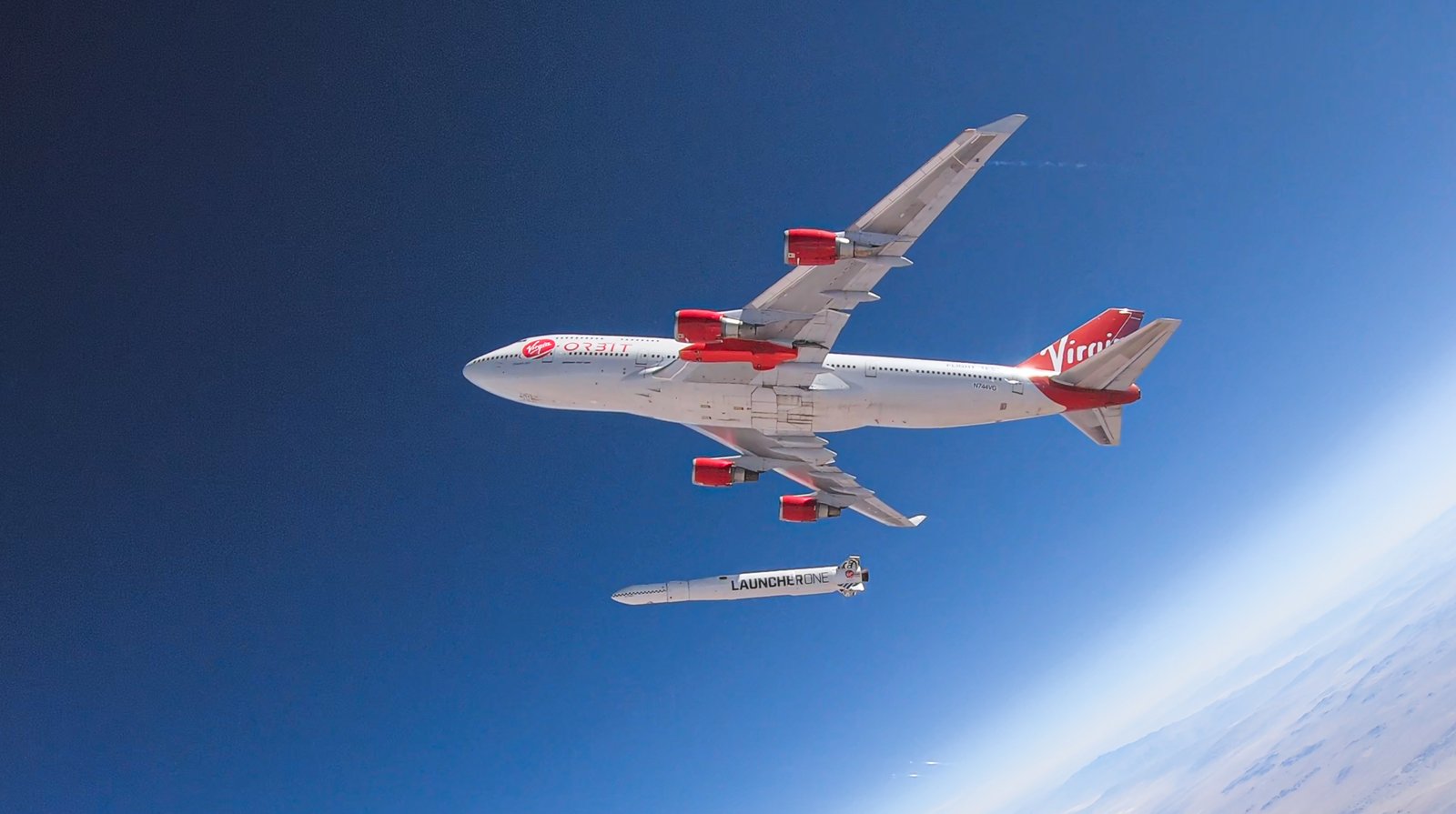The UK Space Agency recently released a comprehensive lessons learned report on the “UK Pathfinder Launch,” the January 2023 mission by Virgin Orbit’s LauncherOne.

Government officials in the United Kingdom remain optimistic about the prospect of developing a strong launch industry in the nation, even after Virgin Orbit’s unsuccessful launch from Spaceport Cornwall in southwest England nearly a year ago.
The UK Space Agency recently released a comprehensive lessons learned report on the “UK Pathfinder Launch,” the January 2023 mission by Virgin Orbit’s LauncherOne. While the launch was intended to mark the first orbital launch from UK soil, a malfunction in the rocket’s second stage resulted in the failure of several smallsats to reach orbit.
Despite this setback, the UK Space Agency emphasized in the report that the event showcased the UK’s capability to launch safely, legally, and with proper coordination across government entities.
The report outlined recommendations to enhance the launch process in the country, emphasizing the need for a streamlined licensing process, improved information sharing among government agencies, and enhanced coordination with nations affected by launches.
The report acknowledged that some challenges were a result of applying new regulations and processes for the first time. However, it also pointed out that international engagement was complicated by over-optimistic delivery plans from Virgin Orbit, which strained efforts and goodwill across governments to enable a launch window lacking credibility.
Government officials acknowledged the setback but expressed ongoing optimism about the country’s launch industry. During a webinar on the UK space sector, Craig Brown, investment director at the UK Space Agency, acknowledged the disappointment but emphasized the challenges inherent in space launches. Despite the setback, he argued that there is still a role for the UK in the global launch landscape.
Brown highlighted a global bottleneck in launch capabilities, asserting that the business case for small launch operations in the UK remains strong. He stated, “There are good reasons for the UK to have sovereign capability and be able to launch its satellites from its own soil.”
Colin MacLeod, head of UK spaceflight regulation at the Civil Aviation Authority, echoed this sentiment, stating that current regulations are “fit for purpose” based on the significant interest from nine launch companies in various stages of applications with the regulator.
While MacLeod did not disclose the names of these companies, several, both from the UK and abroad, have announced plans to launch from UK spaceports as early as next year. Additionally, the European Space Agency’s “Boost!” program recently awarded £6.7 million ($8.5 million) to HyImpulse and Orbex to support the development of environmentally sustainable launch systems in the Shetland Islands and northern Scotland.
HyImpulse, planning orbital launches from the SaxaVord Spaceport in the Shetlands by late 2025, received support from the program. Orbex, whose CEO resigned in April, is yet to provide updates on its launch vehicle and site. However, the company received funding to develop environmentally sustainable launch systems.
MacLeod acknowledged that regulators faced criticism both before and after the Virgin Orbit launch. He highlighted the complexity of launch-related issues and emphasized the valuable lessons learned from the experience.
The UK government remains resolute in its commitment to fostering a thriving launch industry, learning from past challenges, and positioning itself as a key player in the evolving landscape of space exploration and satellite deployment.